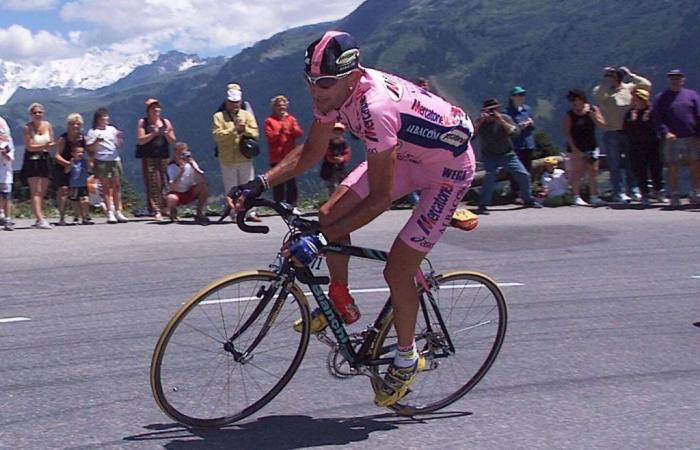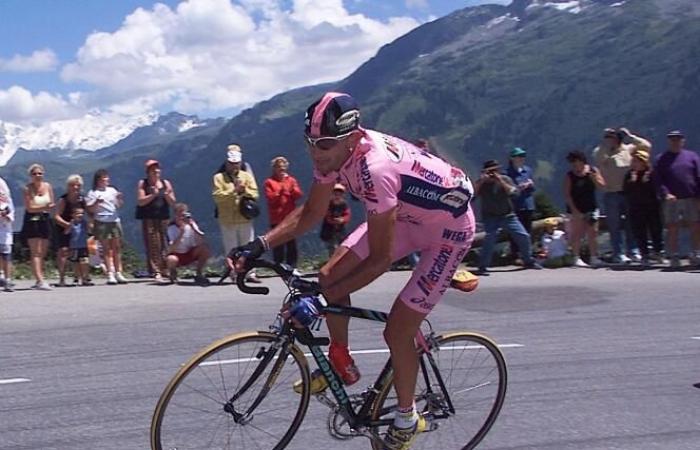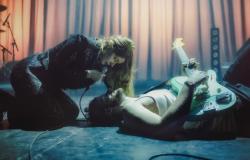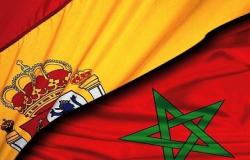After a long silence, Marco Pantani receives the honors of the Tour de France. The winner of the 1998 edition, subsequently suspected of doping and disqualified, died twenty years ago. For its first major departure from Italy, the Tour stops on Saturday June 29 in the city where he died, Rimini, and leaves on Sunday from Cesenatico, the city where he was born. To evoke this “tragic figure” cycling, The world brought together two philosophers who loved this sport, Raphaël Verchère, author of Sport and merit, the story of a myth (Les Editions du volcan, 2022) and Olivier Haralambon, who is publishing his next work, A man’s bodyin September at Premier Parallèle.
Read also | Live, Tour de France 2024: follow the first stage between Florence and Rimini
Add to your selections
Marco Pantani went from being a hero after his victory in the 1998 Tour de France to being a pariah the following year. He has now found a place in the official narrative of the Tour. How do you explain this journey?
Raphael Verchère: Maybe because, as in The crime of the Orient Expressthere are many people responsible for his death… I remember the day we learned of it. A brutal, grim and solitary death, in an almost miserable hotel, on Valentine’s Day. Who killed Pantani? I am not referring to the police investigation, which concluded that it was a cocaine overdose, or to the theories that he could have been murdered. I am wondering about the diffuse responsibility, and therefore our feeling of guilt, which can explain the cult he is today worshipped in. At Madonna di Campiglio, Marco Pantani was a scapegoat, in the sense that René Girard understands it [auteur de Bouc émissaire, Grasset, 1982] : a figure of rejection which allows one to wash their hands like Pilate. However, for Girard, there are anthropological processes of inversion, in which the scapegoat, the person on whom the faults were initially cast, becomes an object of cult or adoration. One of the most striking examples being the figure of Christ. To some extent, Pantani would be a saint and “Pantanism” a cult, like “Maradonism”!
Olivier Haralambon : Pantani has the essence of a saint, according to the use made of them by the Roman church: locally recognized people, whom the church beatifies to establish its power. The stories of the lives of the saints do not depict the saints as immaculate during their lifetime but, on the contrary, as teeming with nits and riddled with purulent wounds. It is only at their death that their bodies are transformed into the scent of perfumes – we then speak of the “odor of sanctity”! By his death, Marco Pantani has acceded to the rank of saint and the Tour de France is granting him a sort of pilgrimage this year.
You have 65.9% of this article left to read. The rest is reserved for subscribers.







